
Who: After four years as a junior doctor, Lissa Evans decided medicine wasn’t quite for her and gave it up for an entirely different career. Following a decade-long stint as a producer and script editor for both radio and television, Evans decided she would write something of her own. Her first novel, Spencer’s List, was published in 2002. Since then she has written three other novels for adults and three for children. Wed Wabbit is her latest novel for young readers.
What: Eleven-year-old Fidge, her four-year-old sister Minnie, and their mother are out shopping one day when Minnie encounters an awful accident that lands her in the hospital. Fidge is sent to stay with her cousin, Graham, because Mum needs to be with Minnie. On her very first day with her neurotic and excessively mollycoddled cousin, they are suddenly whisked into the world of Minnie’s favourite storybook, The Land of Wimbley Woos during a freak thunderstorm. Inhabited by different coloured Wimbley Woos, the land is ruled by the good King Wimbley, at least according to the book. Instead, Fidge and Graham find that an ill-tempered tyrant, Wed Wabbit, has taken over the land: the wascally wabbit has locked up the good King Wimbley, confiscated all the candy, and is soaking up all the joy and colour from the land. Even though Fidge and Graham don’t like each other very much, they quickly realise that they have to work together to help the Wimblies depose Wed Wabbit before it’s too late. Luckily for them, they have help in the form of Ella, Minnie’s stuffed elephant, and Dr. Carrot, Graham’s comfort toy.
Why: Reading this story made me smile pretty much throughout the entire book. While the lead-up to Fidge and Graham ending up in Wimbley Land is by no means perfect, the story really blossoms from there on in the fantastic Land of the Wimbley Woos. Evans deftly uses fantasy and humour to relay complex ideas (from dealing with loss to the beauty of diversity), and the result is an utterly enjoyable but also deceptively wise and emotionally intelligent book. The tale is wonderfully imaginative, peppered with puns and jokes for both children and adults, and has a therapeutic message to boot. It is a gem of a story that will appeal to both children and grownups alike.
Reading Level: Ages 10 and up
Verdict: Witty, whimsical, funny and poignant, this book is an absolute delight and I cannot recommend it enough. (10/10)
Availability: Paperback, RM45.90
Special thanks to Pansing Distribution for a preview copy.

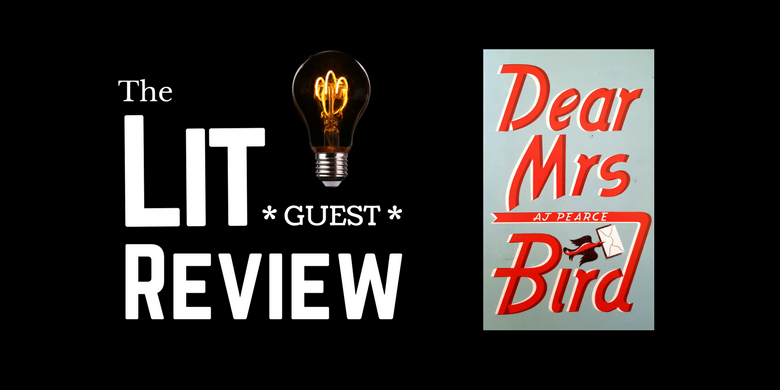
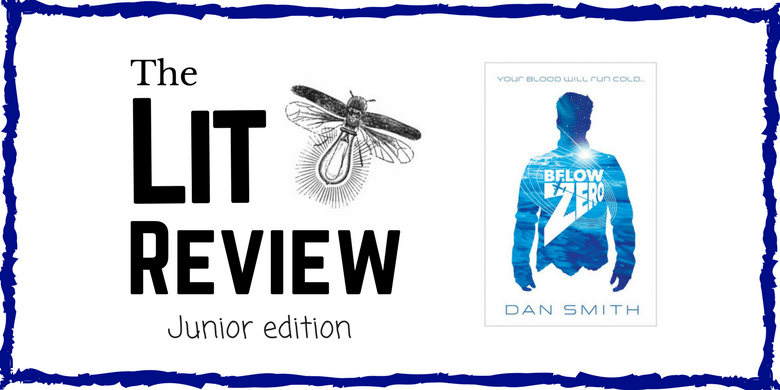
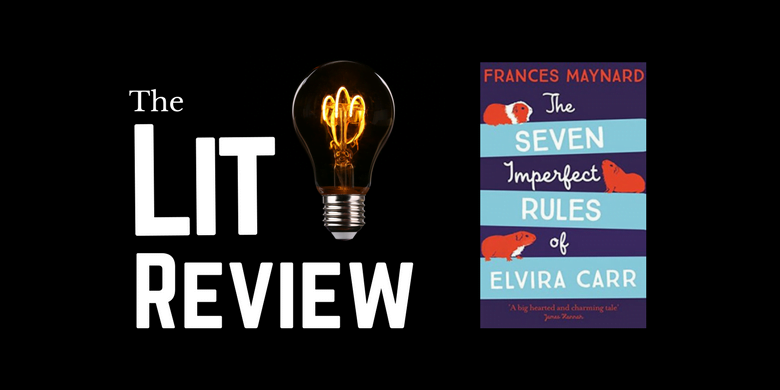
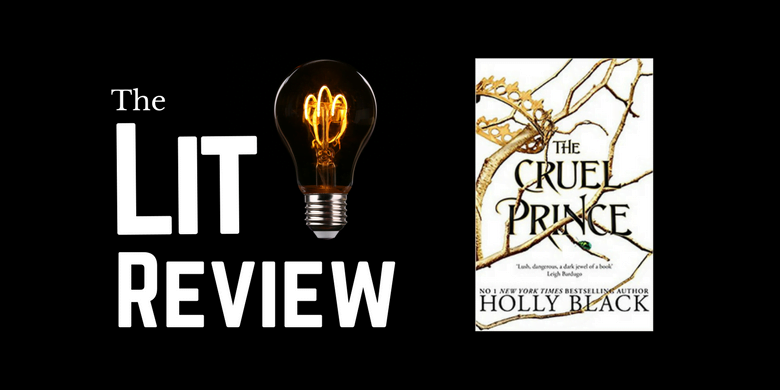
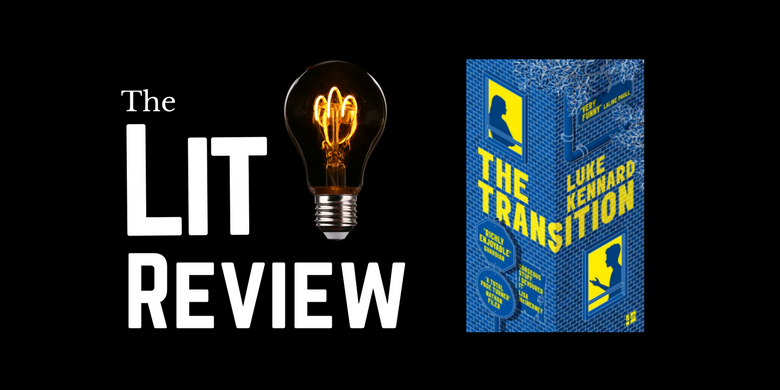



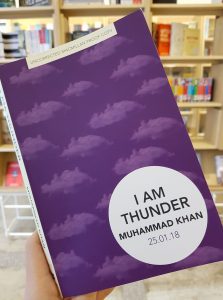
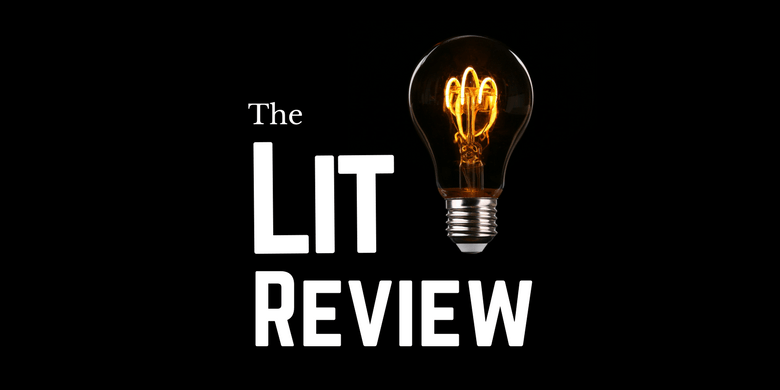

 What: The novel begins with Eddie Kerrigan paying a visit to mobster Dexter Styles at his home on Manhattan Beach. Eddie’s 11-year-old daughter Anna Kerrigan accompanies her father on this visit, and it leaves an indelible impression on her – she gleans from the encounter that Dexter is crucial to the survival of her family. Years later, her father has mysteriously disappeared and the country is at war. Anna works at the Brooklyn Naval Yard at a job once the exclusive purview of men, who are now soldiers abroad. By sheer will and gumption, Anna becomes the first woman diver at the Naval Yard, doing the job of repairing ships underwater. Then, a chance meeting with Dexter at a nightclub throws open a doorway to uncovering the complexities of her father’s life and why he vanished.
What: The novel begins with Eddie Kerrigan paying a visit to mobster Dexter Styles at his home on Manhattan Beach. Eddie’s 11-year-old daughter Anna Kerrigan accompanies her father on this visit, and it leaves an indelible impression on her – she gleans from the encounter that Dexter is crucial to the survival of her family. Years later, her father has mysteriously disappeared and the country is at war. Anna works at the Brooklyn Naval Yard at a job once the exclusive purview of men, who are now soldiers abroad. By sheer will and gumption, Anna becomes the first woman diver at the Naval Yard, doing the job of repairing ships underwater. Then, a chance meeting with Dexter at a nightclub throws open a doorway to uncovering the complexities of her father’s life and why he vanished.